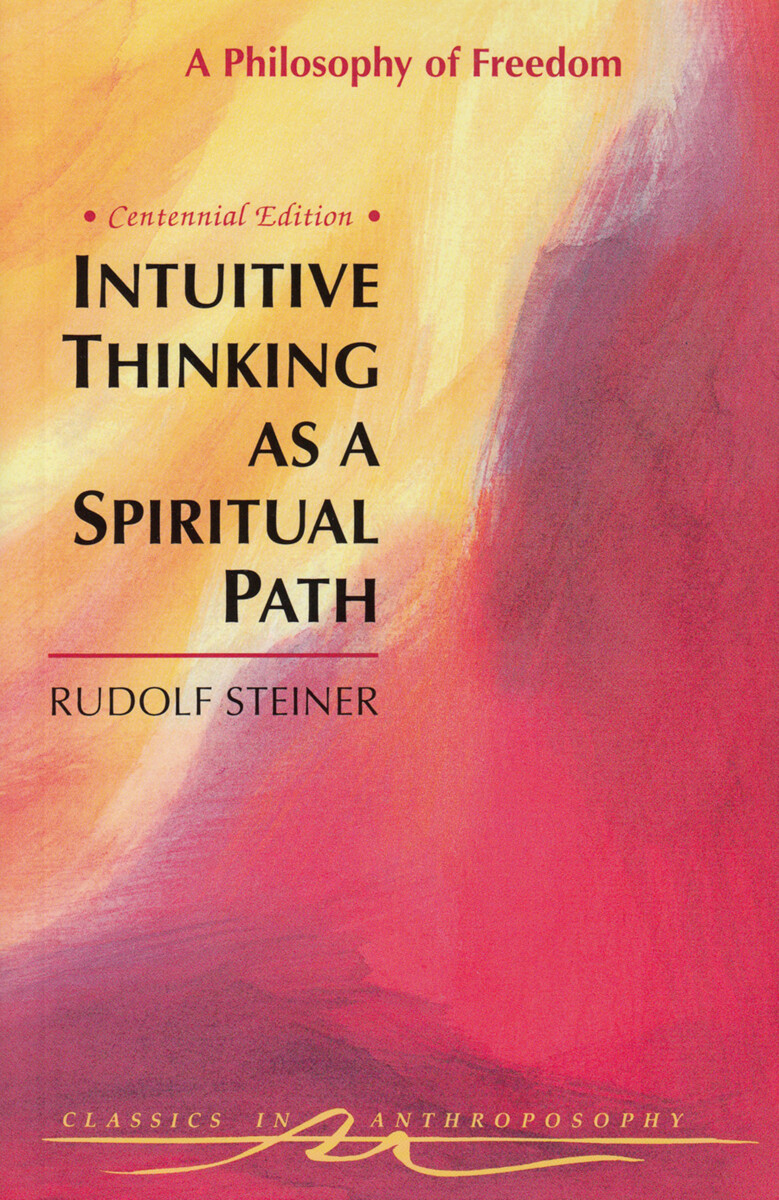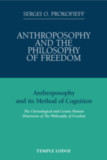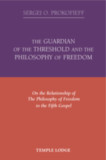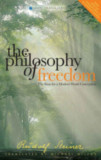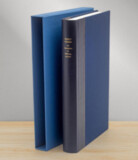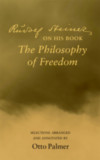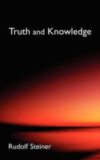Intuitive Thinking as a Spiritual Path
A Philosophy of Freedom (CW 4)
- Publisher
SteinerBooks - Published
1st April 1995 - ISBN 9780880103855
- Language English
- Pages 304 pp.
Written in 1894 (CW 4)
“The realms of life are many. For each, specific sciences develop. But life itself is a unity, and the more the sciences busily immerse themselves in separate realms, the farther they move away from seeing the living wholeness of the world. There must be a kind of knowing that seeks, in the separate sciences, the elements that lead human beings back to full life again. A scientific specialist wants to become aware of the world and how it works through his or her insights. In this book, the goal is philosophical: science itself is to become organically alive. The separate sciences are preludes to the science attempted here.” — Rudolf Steiner (preface to the 1st edition)
Of all of his works, Intuitive Thinking as a Spiritual Path (Die Philosophie der Freiheit) is the one that Steiner himself believed would have the longest life and the greatest spiritual and cultural consequences. It was written as a phenomenological account of the “results of observing the human soul according to the methods of natural science.
This seminal work asserts that free spiritual activity—understood as the human ability to think and act independently of physical nature—is the suitable path for human beings today to gain true knowledge of themselves and of the universe. This is not merely a philosophical volume, but rather a warm, heart-oriented guide to the practice and experience of living thinking.
Readers will not find abstract philosophy here, but a step-by-step account of how a person may come to experience living, intuitive thinking—“the conscious experience of a purely spiritual content.”
During the past hundred years since it was written, many have tried to discover this “new thinking” that could help us understand the various spiritual, ecological, social, political, and philosophical issues facing us. But only Rudolf Steiner laid out a path that leads from ordinary thinking to the level of pure spiritual activity—intuitive thinking—in which we become co-creators and co-redeemers of the world.
“When, with the help of Steiner’s book, we recognize that thinking is an essentially spiritual activity, we discover that it can school us. In that sense—Steiner’s sense—thinking is a spiritual path.” — Gertrude Reif Hughes
This volume is arguably the most essential of Steiner’s works. The thoughts in this book establish the foundation for all of Anthroposophy.
Intuitive Thinking as a Spiritual Path is a translation from German of Die Philosophie der Freiheit (GA 4).
CONTENTS:
Translator’s Introduction
Introduction by Gertrude Reif Hughes
Preface to the Revised Edition, 1918
PART 1: THEORY: THE KNOWLEDGE OF FREEDOM
1. Conscious Human Action
2. The Fundamental Urge for Knowledge
3. Thinking in the Service of Understanding the World
4. The World as Percept
5. Knowing the World
6. Human Individuality
7. Are There Limits to Cognition?
PART 2: PRACTICE: THE REALITY OF FREEDOM
8. The Factors of Life
9. The Idea of Freedom
10. Freedom—Philosophy and Monism
11. World Purpose and Life Purpose (Human Destiny)
12. Moral Imagination (Darwinism and Ethics)
13. The Value of Life (Pessimism and Optimism)
14. Individuality and Genus
FINAL QUESTIONS: The Consequences of Monism
Appendices (1918)
Bibliography
Index
Rudolf Steiner
Rudolf Steiner (b. Rudolf Joseph Lorenz Steiner, 1861–1925) was born in the small village of Kraljevec, Austro-Hungarian Empire (now in Croatia), where he grew up. As a young man, he lived in Weimar and Berlin, where he became a well-published scientific, literary, and philosophical scholar, known especially for his work with Goethe’s scientific writings. Steiner termed his spiritual philosophy anthroposophy, meaning “wisdom of the human being.” As an exceptionally developed seer, he based his work on direct knowledge and perception of spiritual dimensions. He initiated a modern, universal “spiritual science” that is accessible to anyone willing to exercise clear and unbiased thinking. From his spiritual investigations, Steiner provided suggestions for the renewal of numerous activities, including education (general and for special needs), agriculture, medicine, economics, architecture, science, philosophy, Christianity, and the arts. There are currently thousands of schools, clinics, farms, and initiatives in other fields that involve practical work based on the principles Steiner developed. His many published works feature his research into the spiritual nature of human beings, the evolution of the world and humanity, and methods for personal development. He wrote some thirty books and delivered more than six thousand lectures throughout much of Europe. In 1924, Steiner founded the General Anthroposophical Society, which today has branches around the world.


